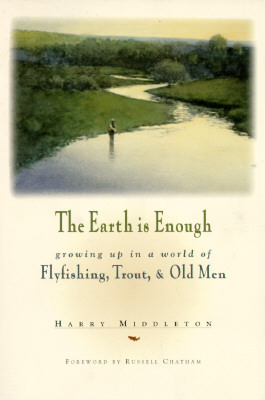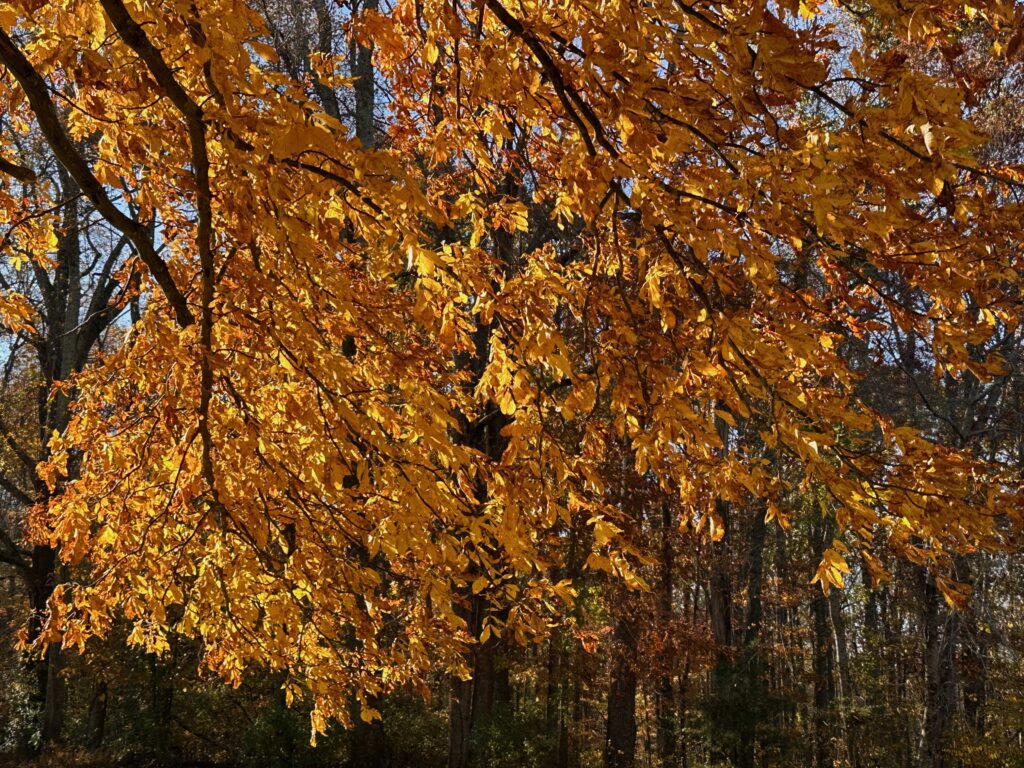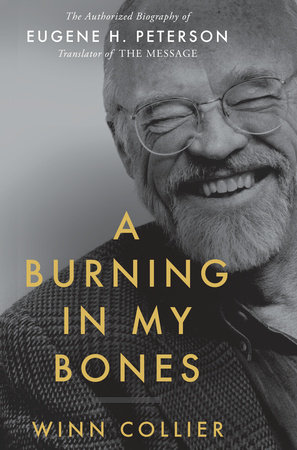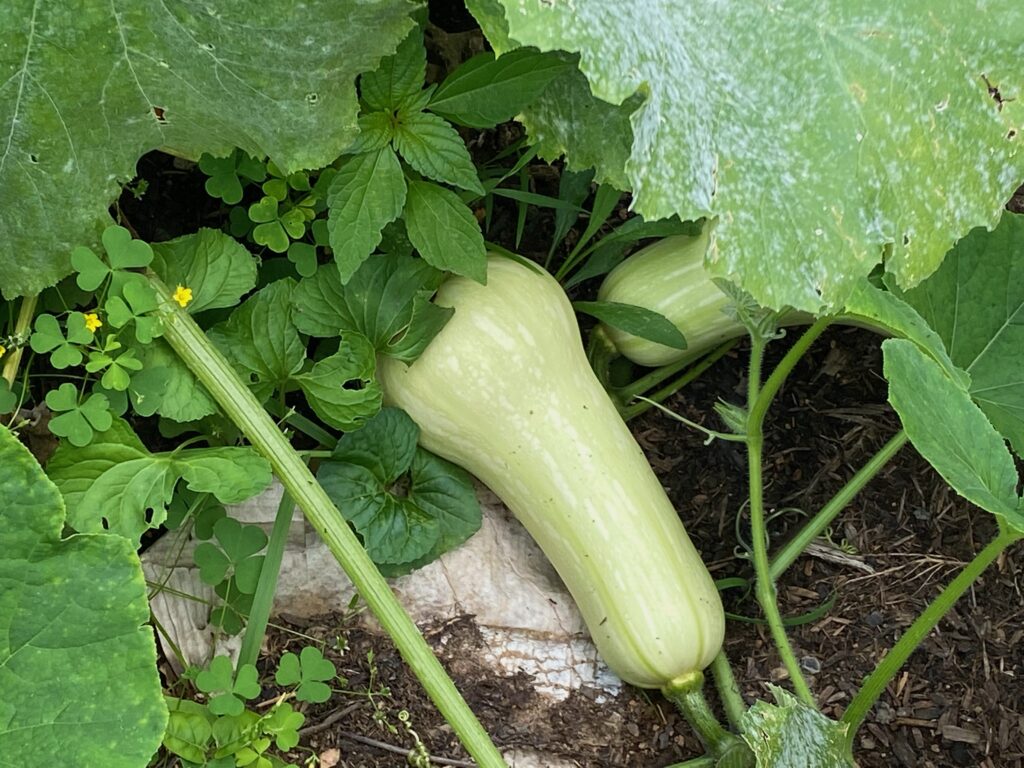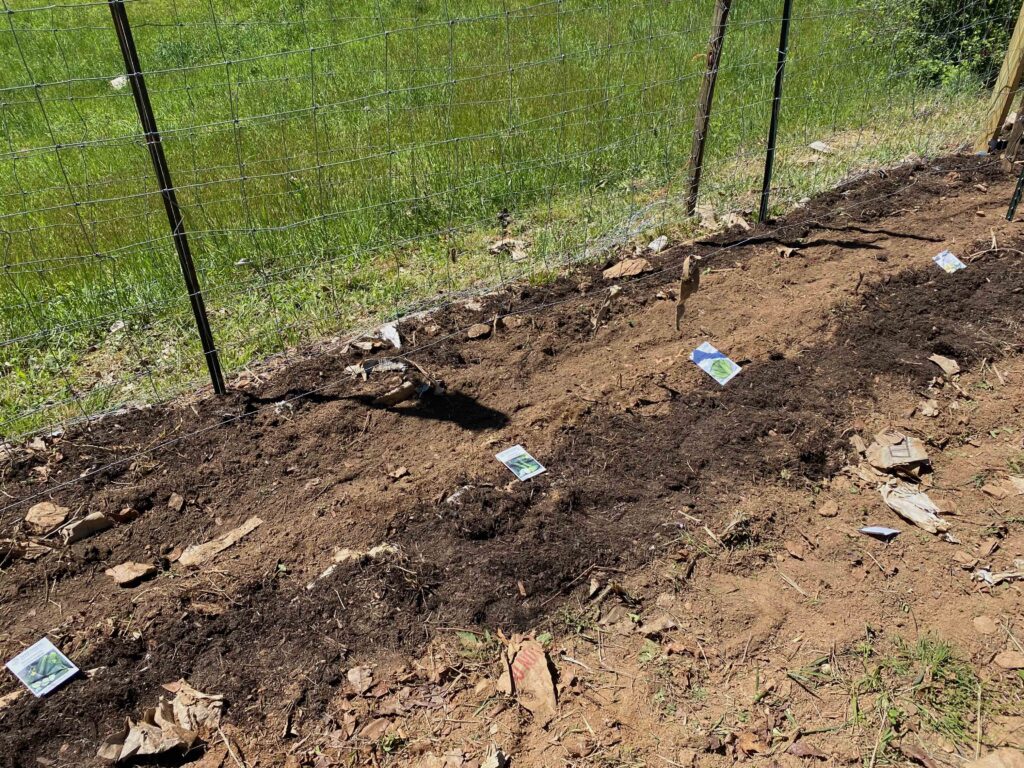Jeff Garrison
Bluemont and Mayberry Churches
October 30, 2022
The Lord’s Prayer, Part 3, “Thy will be done”
Matthew 6:9-13, 26:36-46
Before reading the scripture:
We continue to explore the Lord’s Prayer today, as we look at the third petition. As I suggested over the past two weeks, this prayer begins by reorienting us toward God. The first three petitions all focus on God, not us.
The Lord’s Prayer and the Ten Commandments
These petitions parallel the first table of the law. The first four commandments—which deal with not making or worshipping idols, not misusing God’s name, and keeping the Sabbath—all focus on our relationship with God.[1] Likewise, the second half of the prayer focus on our needs roughly parallel the second half of the Ten Commandments.
Calvin on the Lord’s Prayer
John Calvin, in writing about this prayer, notes that the beginning reminds us to keep God’s glory before our eyes. We’re not to look for advantages for ourselves. Instead, we want God’s Spirit to govern our hearts and teach us to love the things that please God.[2]
Again, I will read the prayer from Matthew’s gospel, followed by the passage of Jesus praying in Gethsemane on the night of his betrayal.
Read Matthew 6:9-13 and Matthew 23:36-46
Friendly bantering and contempt
I have friends who are college football fans. Those in the SEC can be a little fanatical. Yesterday, the University of Georgia and the University of Florida met on the gridiron. All this week my Twitter feed has been clogged with their back-and-forth banter about the big game. Now it’s all over and I can get back to looking at pictures of nature and dogs. And congratulations to the Georgia Bulldogs.
But now I’m starting to see similar bantering between Astros and Phillies fans as the World Series kicks off. It never ends. We are so sure of our side, which can be fun when it’s just a game… but when we take things too seriously and start demonizing others in real life, seeing our opinions as Gods and theirs as Satanic, we’ve crossed a line. In such cases, we develop an unhealthy case of contempt for others, which can be even more harmful to us than to those we perceive as enemies.[3]
Lincoln’s Second Inauguration
Dawn broke on March 4, 1865 with rain and storms. Early in the afternoon, dressed in a Brooks Brothers suit (a company which until a few days ago I didn’t realize existed back then), Abraham Lincoln stepped out of the porch of the unfinished capitol to deliver his second inaugural address.[4] It was a short speech, especially for inaugural addresses, but one peppered with theological and Biblical references.
This brief speech by a President who never joined a church is considered the most theological of all presidential inaugural addresses. In roughly 700 words, Lincoln tries to frame an understanding to what the country had endured in the Civil War while offering a vision for a better future.
A little over half-way through, he said: “Both read the same Bible and pray to the same God, and each invokes His aid against the other.” Sound familiar? We gotta be careful in claiming God to be on our side.
Lincoln continues, hinting at his own convictions: “It may seem strange that any men should dare to ask a just God’s assistance in wringing their bread from the sweat of other men’s faces, but let us judge not, that we be not judged. The prayers of both could not be answered. That of neither has been answered fully. The Almighty has His own purposes.”
God’s will may be different
The Almighty has His own purposes… Ponder these words… Then Lincoln continues:
“Fondly do we hope, fervently do we pray, that this mighty scourge of war may speedily pass away… Yet, if God wills that it continues until all the wealth piled by the bondsman’s two hundred and fifty years of unrequited toil shall be sunk, and until every drop of blood drawn with the lash shall be paid by another drawn with the sword, as was said three thousand years ago, so still it must be said ‘the judgments of the Lord are true and righteous altogether.’”
Lincoln then offered a vision for a hopeful future as he closed and as the sun broke through the clouds: “With malice toward none, with charity for all, with firmness in the right as God gives us to see the right, let us strive on to finish the work we are in, to bind up the nation’s wounds, to care for him who shall have borne the battle and for his widow and his orphan, to do all which may achieve and cherish a just and lasting peace among ourselves and with all nations.”[5]
Humble Abe
Honest Abe. He may have been the last of the honest politicians. While he felt he was on the right side, he was not going to second guess God. He always allowed for the possibility that in some things he would be wrong. When he first entered politics, his moniker was “Humble Abe,” and he lived up to it.
“Your will be done” is not a natural prayer
“Your will be done on earth as in heaven…” we’re taught to pray. Like Lincoln admitting that he may not be completely right, I don’t think praying for God’s will be done is a natural prayer. We seem to think we know what is right and what should be done. But do we? Are we willing to so surrender to God that we give up our own beliefs and desires? We must be taught to pray this prayer. Otherwise, our prayers will only focus on our wants and needs.
Jesus in the Garden of Gethsemane praying
In the Garden of Gethsemane, we witness the humanity of Jesus as he prays, “My Father, if it is possible, let this cup pass from me.” The cup is a metaphor for death. Think of the agony facing our Savior. He’s leaving behind his disciples who are unable to support him in his time of need. He knows that as the sun rises in the morning he’ll face the worse sort of torture, punishment, and eventually death.
Matthew doesn’t show us a Jesus heroically marching to his death. Jesus in the garden depicts a normal man. He’s full of fear and anxiety.[6] No one would want to endure what Jesus faced. But Jesus ends his prayer with a humble acknowledgement, “yet, not what I want but what you want.” “Thy will be done.”
A bold prayer
Praying as Jesus taught, as one of my professors said in a commentary on this passage, “can be costly when a serious decision is being contemplated.”[7] Are we so bold? Are we willing to accept God’s will and to seek it in our lives? If we believe God is with us, we can endure anything, but that requires faith.
Martin Luther, the great Reformer, understood us to pray in the first petition for pure teaching. In the second petition, we seek trust in this teaching. And in the third petition, we ask for perseverance to carry out God’s will.[8]
The “postscript” to the first half of the prayer
The first “table” of the prayer, focuses on God, ends with a postscript. This can grammatically be applied to all the first three petitions. “As on earth as in heaven” goes for the hallowing of God’s name, the fulfillment of God’s kingdom, and God’s will being done. Think of it this way: all three petitions are already done in heaven. We don’t ask to be snatched up from earth, but for what’s happening in heaven to come to earth.
Nor in praying this prayer, do we ask God to help us do these things. While implied, we leave it up to God to determine how. We ask God, by whatever means God determines, to fulfill these three requests.[9]
I’ve already alluded to in this series,[10] heaven and earth are to be brought together. This happens at the end of Revelation.[11] We pray for it to be fulfilled.
Conclusion
In this prayer, we trust that God is good and will give us what we need. In praying this petition, the focus is on God and not us. Instead of demanding what we want from God, we position or reorient ourselves to accept and to do God’s will in our lives. Amen.
[1] Exodus 20:1-17 or Deuteronomy 5:1-22
[2] John Calvin, Institutes of the Christian Religion (1559, Ford Lewis Battles’ translation), III.xx.43.
[3] For a study on the impact of contempt, see Arthur C. Brooks, Love your Enemies: How Decent People Can Save America from the Culture of Contempt (HarperRow, 2019). For my review on this book, see https://fromarockyhillside.com/2019/04/love-your-enemies/.
[4] For the weather and the “Brooks Brother’s coat, see the prologue in John Meachan, And There was Light: Abraham Lincoln and the American Struggle (New York: Random House, 2022), xxiv.
[5] For a detailed exegesis of this speech, see Ronald C. White, Lincoln’s Greatest Speech: The Second Inaugural (New York: Simon and Schuster, 2002).
[6] Douglas R. A. Hare, Matthew: Interpretation, a Biblical Commentary for Teaching and Preaching (Louisville: John Knox Press, 1993), 300-301.
[7] Hare, 302.
[8] Frederick Dale Bruner, The Christbook, Matthew 1-12, (Grand Rapids, MI: Eerdmans, 2004), 304.
[9] Ibid, 304-5.
[10] See https://fromarockyhillside.com/2022/10/the-lords-prayer-thy-will-be-done/
[11] Revelation 20 & 21.


